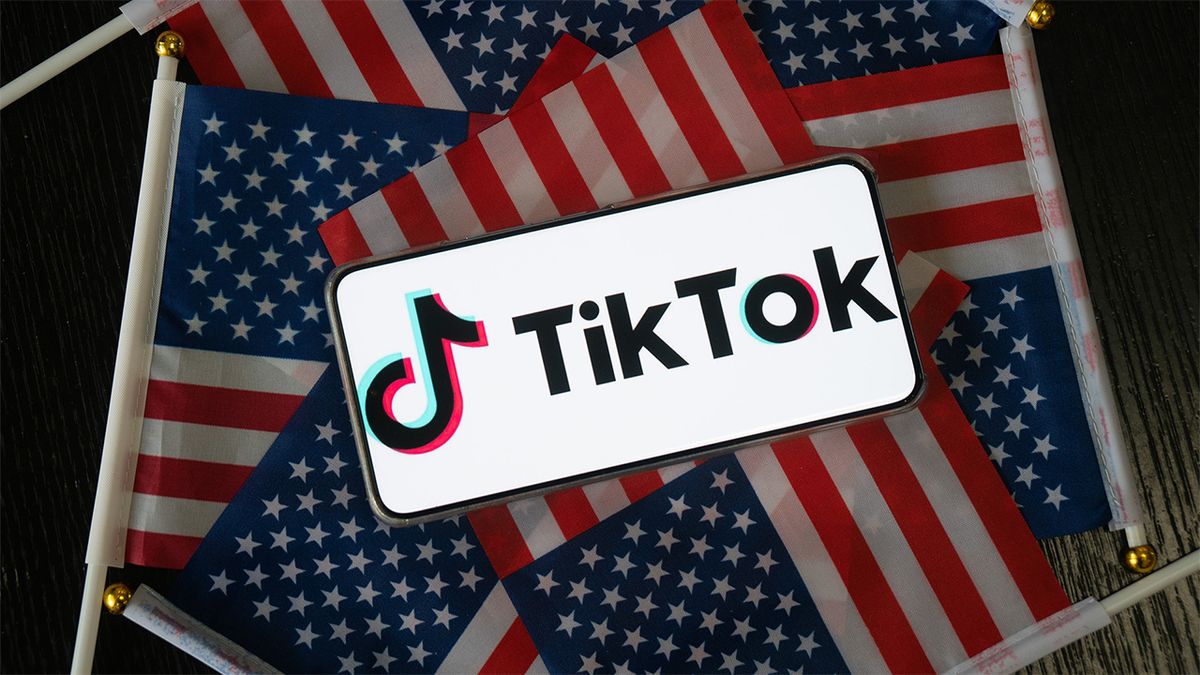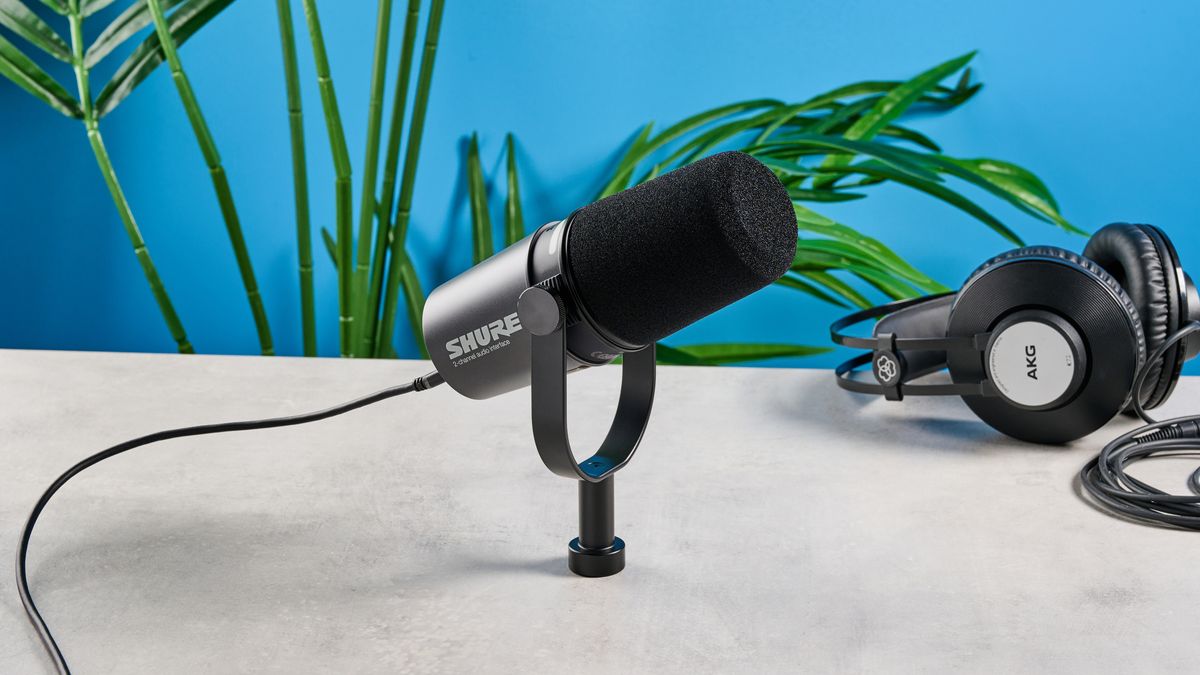| Updated: Thursday, January 9, 2025, 12:25 [IST]
Apple has renewed its commitment to user privacy for Siri following a $95 million settlement in a class action lawsuit alleging privacy violations. The company published an article on its newsroom to address concerns and clarify how Siri safeguards user data, ensuring trust in its voice assistant.

Why Apple Is Highlighting Siri’s Privacy Now
The privacy debate surrounding Siri began in 2019 when it was revealed that Siri recorded some user interactions without explicit consent. These recordings were reportedly used to improve the assistant’s functionality. However, a whistleblower disclosed that Apple contractors were listening to portions of these recordings, sparking outrage and raising questions about privacy practices.
In response, users filed a class action lawsuit accusing Apple of violating their privacy. Five years later, Apple settled the case by agreeing to pay $95 million. To prevent lasting damage to Siri’s reputation, Apple has outlined the measures it has implemented to ensure user privacy remains a priority.
Siri’s Approach to Protecting User Data
Apple emphasizes that Siri data has never been used to create marketing profiles, shared for advertising purposes, or sold to third parties. The company has implemented several privacy-first features to enhance user trust:
On-Device ProcessingSiri processes most requests directly on the user’s device, eliminating the need to send personal data to Apple servers. Tasks like reading unread messages or making personalized suggestions are handled locally. For capable devices, Apple’s Neural Engine processes even audio requests on-device unless the user explicitly opts to share data with Apple.
Minimal Data CollectionFor requests requiring server input, Siri minimizes the data it sends. Instead of linking requests to a user’s Apple ID or phone number, Apple uses a random identifier—an anonymized string of letters and numbers unique to each device. This ensures requests are processed without connecting them to the user’s identity.
Optional Audio RetentionSiri voice recordings are not retained unless the user opts in. Even then, users can opt out at any time, removing the recordings from Apple’s systems. This gives users control over their data and ensures that only those who explicitly agree contribute to improving Siri’s capabilities.
Private Cloud ComputeFor tasks requiring larger computing models, Apple employs Private Cloud Compute, which processes data securely on Apple’s servers. These systems use Apple-designed silicon chips to ensure efficiency and protect user information from being stored or accessed.
Rebuilding Trust After a Privacy Scandal
Apple’s restatement of Siri’s privacy measures is as much about preventing future mishaps as it is about reassuring users. The company’s voice assistant faced reputational damage due to the 2019 revelations, and the settlement of the class action lawsuit underscores the need for transparency and robust data protection practices.
By emphasizing its privacy-first approach, Apple aims to set itself apart from other companies in the digital assistant space, many of which lack similar protections. From anonymized data processing to on-device intelligence, Apple wants users to feel confident that Siri is not compromising their personal information.
Image Credits - appshunter.io on Unsplash
Best Mobiles in India
-

1,29,999
-

22,999
-

64,999
-

99,999
-

29,999
-

39,999
-
-

63,999
-

1,56,900
-

96,949
-

1,39,900
-

1,29,900
-

79,900
-

65,900
-

12,999
-

96,949
-

16,499
-

38,999
-

30,700
-

49,999
-

19,999
-

17,970
-

21,999
-

13,474
-

18,999
-

22,999
-

19,999
-

17,999
-

26,999
-

5,999
 11 hours ago
9
11 hours ago
9






















 English (US) ·
English (US) ·